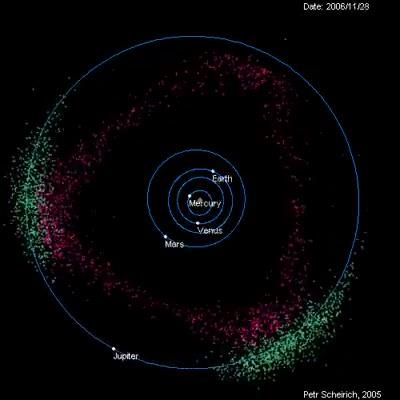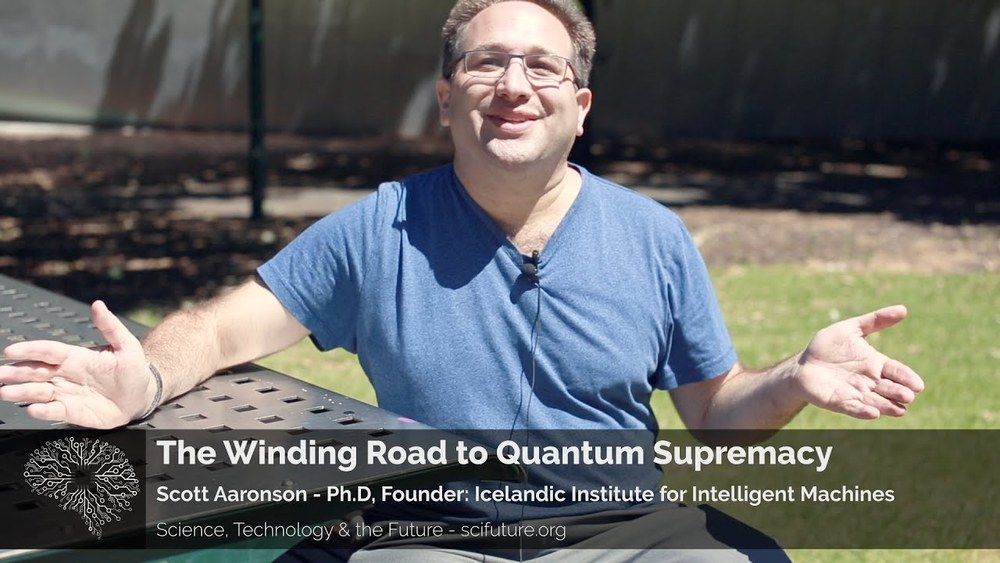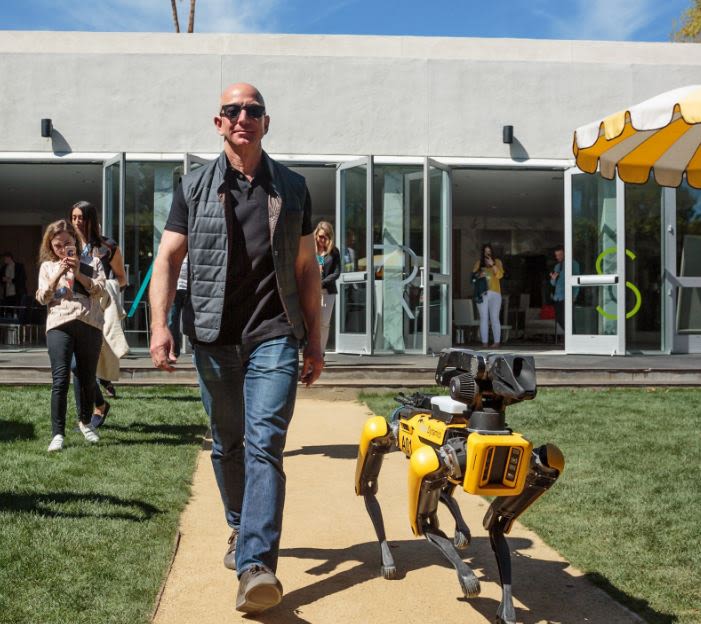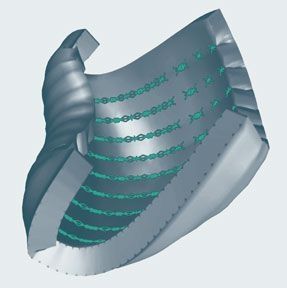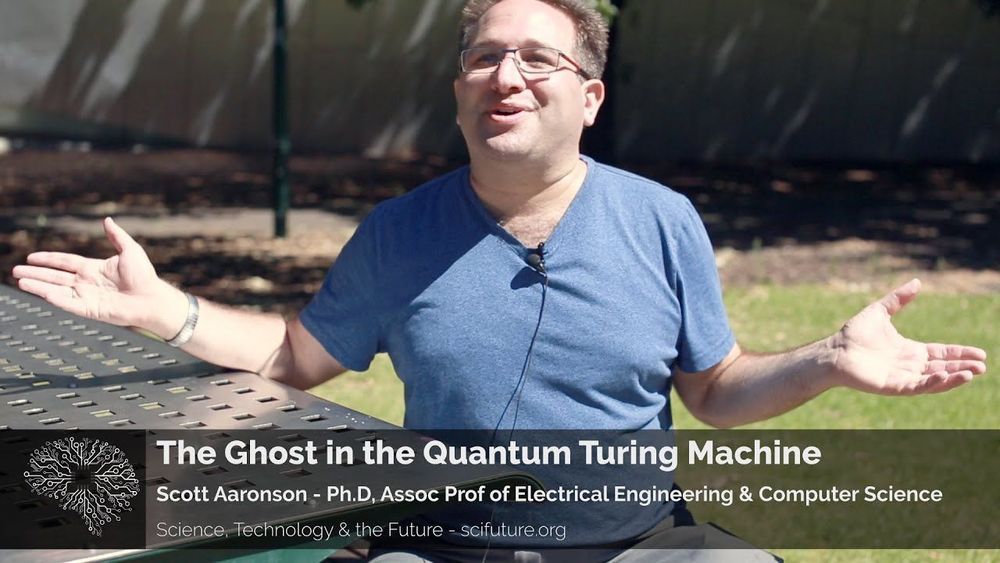This was the first part in an interview series with Scott Aaronson — this one is on quantum computing — other segments are on Existential Risk, consciousness (including Scott’s thoughts on IIT) and thoughts on whether the universe is discrete or continuous.
First part in an interview series with Scott Aaronson — this one is on quantum computing — future segments will be on Existential Risk, consciousness (including Scott’s thoughts on IIT) and thoughts on whether the universe is discrete or continuous.
See ‘Complexity-Theoretic Foundations of Quantum Supremacy Experiments’
https://www.scottaaronson.com/papers/quantumsupre.pdf
Bio : Scott Aaronson is a theoretical computer scientist and David J. Bruton Jr. Centennial Professor of Computer Science at the University of Texas at Austin. His primary areas of research are quantum computing and computational complexity theory.
He blogs at Shtetl-Optimized: https://www.scottaaronson.com/blog/
“Hear from leaders across science, academia, and business as they share the latest research and scientific advancements, industry innovation, and their perspective on how these domains will evolve,” Amazon’s re: Mars site says. Speakers from Amazon, MIT, UC Berkeley, NASA and Harvard are on the docket.
Amazon announces a new re: Mars conference that will gather experts in machine learning, robotics, automation and space in Las Vegas.
Hybrid vs Heirloom Vegetables with Levi.
What is the difference between hybrid and heirloom? Are hybrids bad? Are they natural? What is an heirloom? How old is an heirloom? Those questions and more are answered in this episode of Levi Explains.
.99 Heirloom Vegetable Seeds: http: www.migardener.com/store
MIgardener Website http://www.MIgardener.com
Join the fun on facebook @ http://www.facebook.com/MIgardener
+1 me on Google+ @ http://www.google.com/+MIgardener
Pin us on Pinterest @ http://www.pinterest.com/MIgardenerYT
Follow the fun on twitter @ http://www.twitter.com/MI_Gardener
Come tumble with us @ http://www.MIgardener.tumblr.com
Interview with Scott Aaronson — covering whether quantum computers could have subjective experience, whether information is physical and what might be important for consciousness — he touches on classic philosophical conundrums and the observation that while people want to be thorough-going materialists, unlike traditional computers brain-states are not obviously copyable. Aaronson wrote about this his paper ‘The Ghost in the Quantum Turing Machine’ (found here https://arxiv.org/abs/1306.0159). Scott also critiques Tononi’s integrated information theory (IIT).
Scott discusses whether quantum computers could have subjective experience, whether information is physical and what might be important for consciousness — he touches on classic philosophical conundrums and the observation that while people want to be thorough-going materialists, unlike traditional computers brain-states are not obviously copyable. Aaronson wrote about this his paper ‘The Ghost in the Quantum Turing Machine’ (found here https://arxiv.org/abs/1306.0159). Scott also critiques Tononi’s integrated information theory (IIT).
Questions include:
- In “Could a Quantum Computer Have Subjective Experience?” you speculate that a process has to ‘fully participate in the arrow of time’ to be conscious, and this points to decoherence. If pressed, how might you try to formalize this?
- In “Is ‘information is physical’ contentful?” you note that if a system crosses the Schwarzschild bound it collapses into a black hole. Do you think this could be used to put an upper bound on the ‘amount’ of consciousness in any given physical system?
- One of your core objections to IIT is that it produces blatantly counter-intuitive results. But to what degree should we expect intuition to be a guide for phenomenological experience in evolutionarily novel contexts? I.e., Eric Schwitzgebel notes “Common sense is incoherent in matters of metaphysics. There’s no way to develop an ambitious, broad-ranging, self- consistent metaphysical system without doing serious violence to common sense somewhere. It’s just impossible. Since common sense is an inconsistent system, you can’t respect it all. Every metaphysician will have to violate it somewhere.”
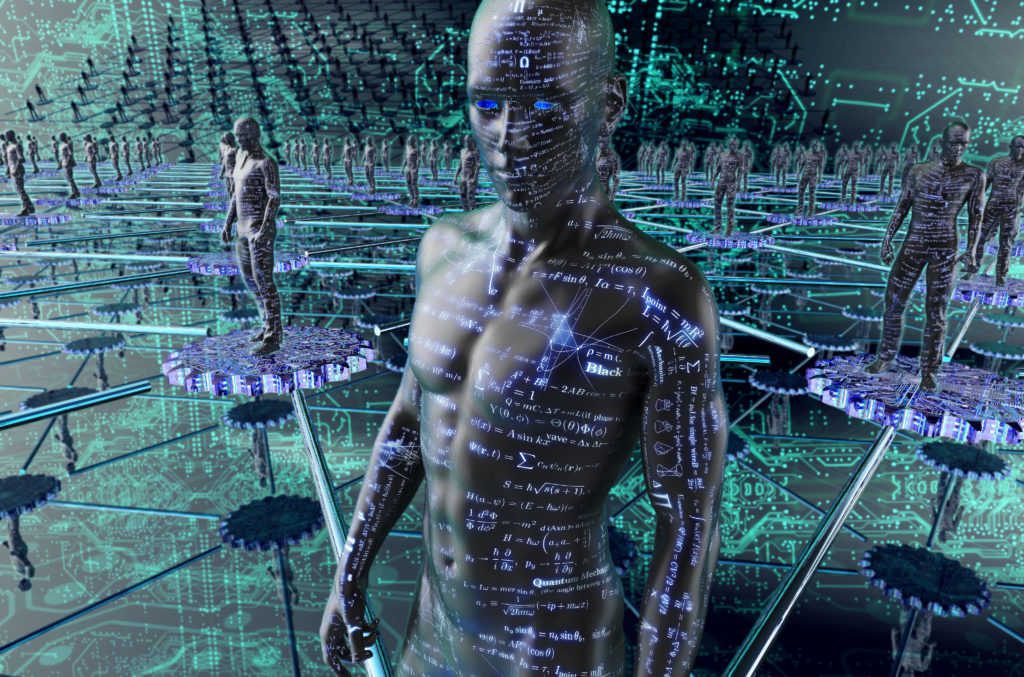
Blockchain shows major potential to drive positive change across a wide range of industries. Like any disruptive technology, there are ethical considerations that must be identified, discussed, and mitigated as we adopt and apply this technology, so that we can maximize the positive benefits, and minimize the negative side effects.
Own Your Data
For decades we have sought the ability for data subjects to own and control their data. Sadly, with massive proliferation of centralized database silos and the sensitive personal information they contain, we have fallen far short of data subjects having access to, let alone owning or controlling their data. Blockchain has the potential to enable data subjects to access their data, review and amend it, see reports of who else has accessed it, give consent or opt-in / opt-out of data sharing, and even request they be forgotten and their information be deleted.
Monetize Your Data
Prince Philip’s driving days don’t appear to be numbered just yet after a replacement Land Rover was delivered to him today — less than 24 hours after his horror smash.
The black Freelander — an exact replica of the one Philip wrote-off yesterday — was driven off the back of a lorry and into Sandringham at around Midday.
The Duke of Edinburgh, 97, who had to be pulled from the wreckage, told police he had been ‘dazzled by the sun’ before the collision near the Norfolk estate at 2.45pm yesterday.
I wonder how many people it will feed.
80 Acres Farms, an Ohio-based vertical farming startup, has raised private equity funding from Virgo Investment Group, a private equity firm from San Francisco for the construction of what it says will be the first fully automated indoor farm.
AgFudnerNews can reveal that the deal was worth more than $40 million in equity capital, according to sources close to the deal.
The funding will go towards the completion of 80 Acres’ Hamilton, Ohio facility, which was announced last year and is set to be partially operational in the next few months.
Here’s a new photo that shows Earth and the Moon from a whopping 71 million miles away. It was captured by NASA’s OSIRIS-REx, which is currently on a mission to obtain a sample from a near-Earth asteroid and return it to Earth.
The photo was captured on December 19th, 2018, using the spacecraft’s NavCam 1 camera. Earth and the moon can be seen on the bottom-left side of the photo. The much larger white object in the upper-right side is asteroid Bennu.
Earth is 71 million miles (114M km) away in the photo, while Bennu is just 27 miles (43 km).
